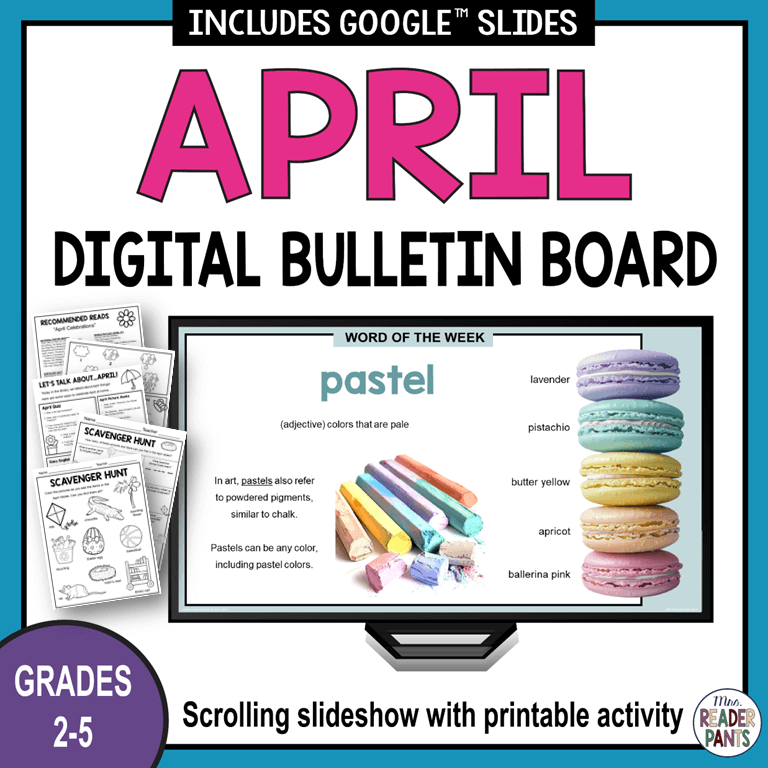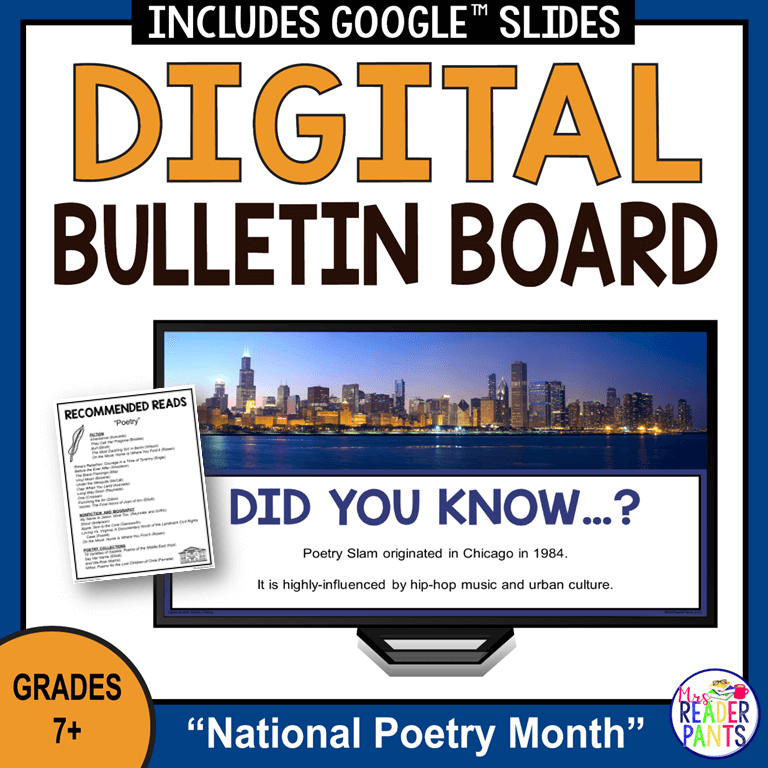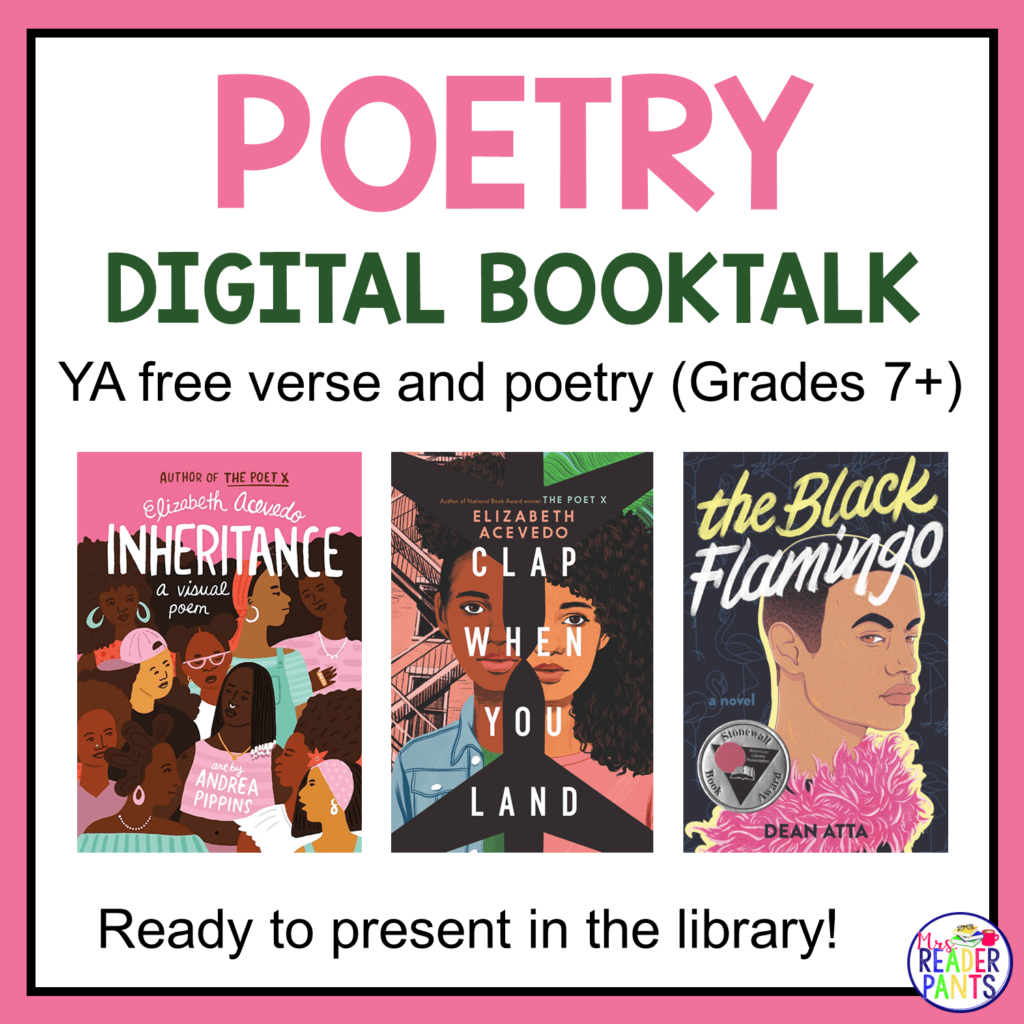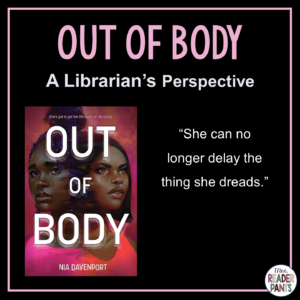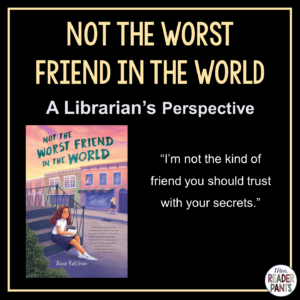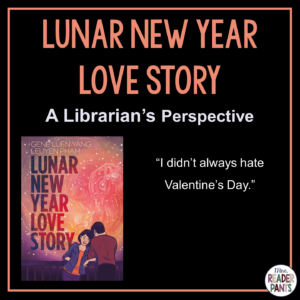PROBLEMS WITH TEACHING WHOLE-CLASS NOVELS
I do actually think whole-class novels could work well in elementary schools, provided the book is engaging, can be finished within a couple of weeks, and isn’t accompanied by a test or assignment. My fourth grade teacher Ms. Schiffanelli read us all seven books in the Narnia series, which I loved. I’ve seen kindergarten and first grade students completely devour series like Junie B. Jones or Magic Tree House because their teachers read those books aloud each day after lunch.
But for secondary schools, whole-class novels pose some problems:
- Students’ maturity levels vary greatly. I can remember the first whole-class novel I read with my seventh graders: Crash by Jerry Spinelli. It was my second week of my teaching career, and it was what all the seventh grade English teachers taught in the first six weeks of school. Sure, many students liked it. We read the whole thing out loud, and I remember the boys especially liking it. But I also remember feeling sorry for my more mature readers. I was reading V.C. Andrews and Stephen King when I was in seventh grade; Crash would have been completely LAME. How many of my more mature readers that year felt the same way?
- Reading levels vary greatly. What if the book is too hard for one of your readers? What if it is too easy? No matter what book you read as a class, someone will find it way too easy and someone will find it impossibly difficult. Students who find it too hard will become frustrated, especially since novel units often last several weeks. That’s a long time to be frustrated. Or bored.
- Interests vary greatly. As a seventh-grader, I would have had zero interest in Spinelli’s Crash, and I know I had students who, like me, could care less about the story. Crash appealed to many, but it wasn’t for everyone. Why should students be forced to read Crash when they were really more interested in Cinder? I don’t think they should.
- Class sets are expensive. When I taught whole-class novels, it seemed we never had enough books to go around. A class set of books might contain 30 books, but we had 32 students in the class. We would have to borrow from another teacher, who may or may not have any to spare. So students would have to share. Have you ever shared a novel with someone else? Not easy! Book shortages are compounded when students have extended absences and need to take a copy of the book home in order to catch up with the class. And let’s not even talk about copies that walk away or get lost in all the shuffling of books.
- The storage room is FULL of old, unused class sets. In every school I’ve worked in–five so far–there is a storage room full of hundreds of class sets that may or may not have ever been used. How is this a good use of our precious school budget? Why can’t we use the money spent on class sets to develop strong classroom or school libraries with lots of variety and reading levels? Where’s the logic here?

